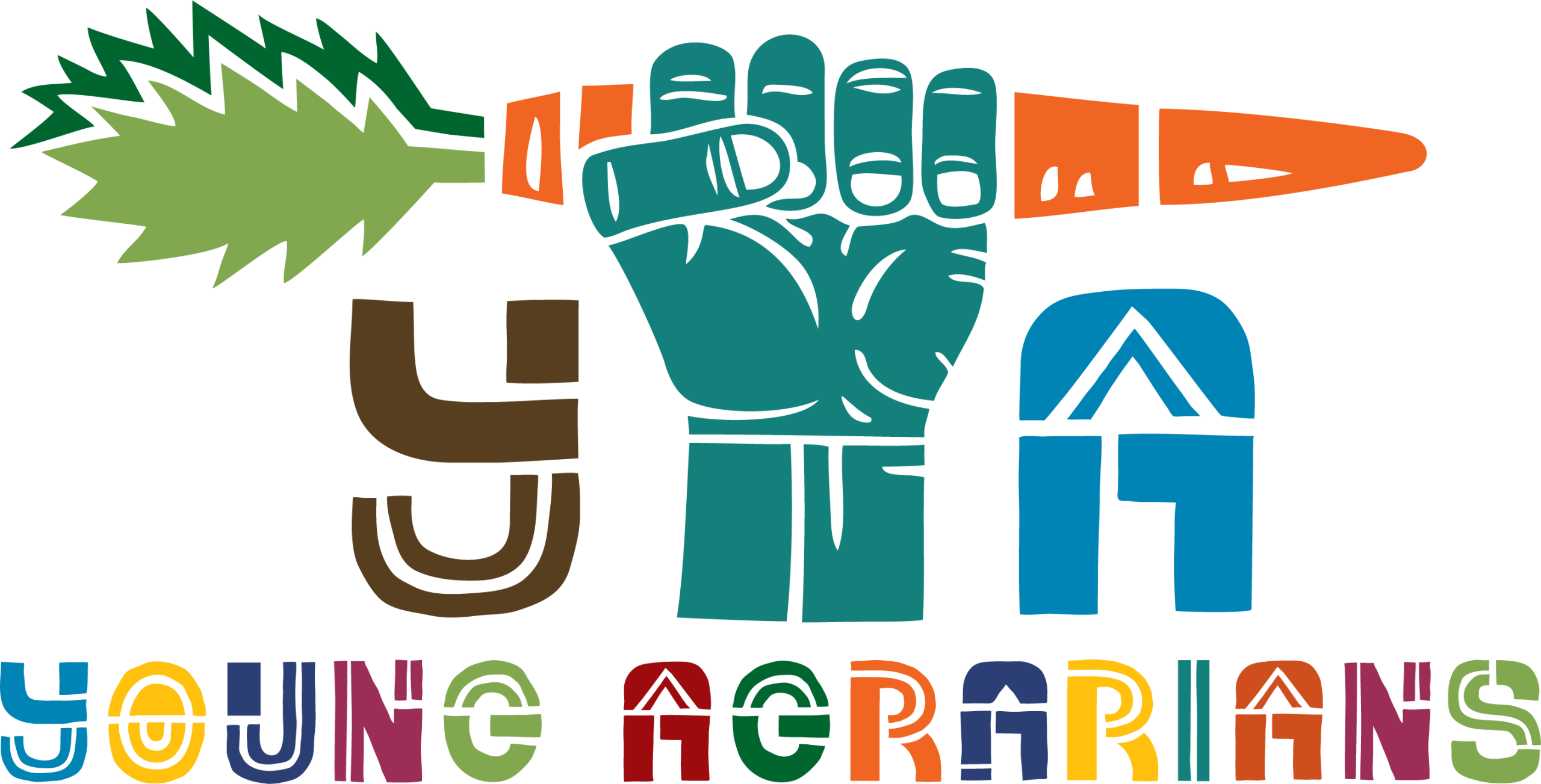 Filter by Popular Categories
Filter by Popular Categories
Life Estate & Insurance
LIFE ESTATE
One way for a current farmer to continue residing on and using their farmland after they have transferred ownership of the land is by holding a life estate. A life estate is a legal agreement that gives a person the right to occupy, use, and deal with land or residence during the lifetime of the particular individual or an estate for the remainder of their lifetime, even if they don’t own the land anymore. The ownership of a life estate is of limited duration because it ends at the death of the person. The terms vary from case to case and must be carefully discussed and documented in the form of a life estate agreement.
Life estates may be an option not just for current farmers in transition planning, but also potentially for entering farmers. For example, say the land you’re farming is in a trust, and you have a 30-year lease. The current farmer will stop farming soon, but they’d like to live on the land until they die with a life estate agreement. The lease could also include a provision that you, the entering farmer, can have a life estate after your 30-year lease term is up. That way, you can transition the land and farm to a new farmer, and stay living on the land – the cycle continues.
QUESTIONS TO ASK:
- What are the responsibilities of the life tenant?
- Will they be responsible for maintenance or routine property upkeep, e.g. snow removal?
- Will they pay water, utilities or other costs associated with the property?
- Will they be responsible for insuring the home?
- Does the life tenant have the right to rent out the home part-time or full-time?
INSURANCE
Insurance is all about protecting yourself in case the unexpected happens – and in a farm transition, there will be much that is unexpected! There are a variety of ways insurance can fit into your transition plan, from the current farmer’s life insurance providing a financial benefit to their heirs in lieu of other inheritance, or providing both parties with an assurance in the event that one of the parties dies before the transition is complete.
Considerations:
- Who is the beneficiary of the insurance? Life insurance has named beneficiaries and does not go through the estate probate process upon someone’s death, making it quickly redeemable upon death.
- Who is paying the premiums? The cost of premiums should be weighed against the full financial picture to determine if insurance is an appropriate tool.
- Insurance payouts often go to paying off debts.
- Some loans may require key people to be insured.
- In a corporate structure, shareholder agreements should have provisions for what happens if one of the key shareholders dies or becomes unable to continue in the business, including how the buying and selling of shares will be funded. One way to structure this is through buy-sell insurance, which can fund the purchase of shares upon death.
- Insurance is complex; work with a financial planner and an insurance broker to explore and understand your options.

